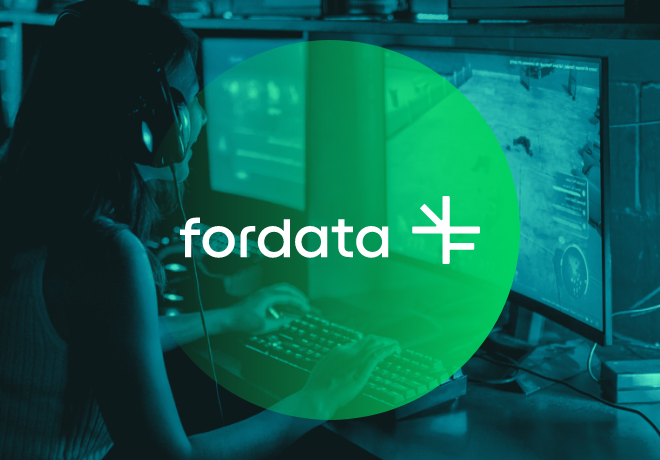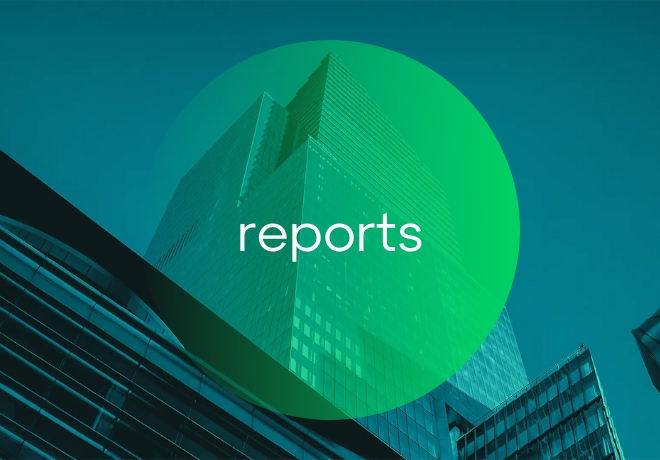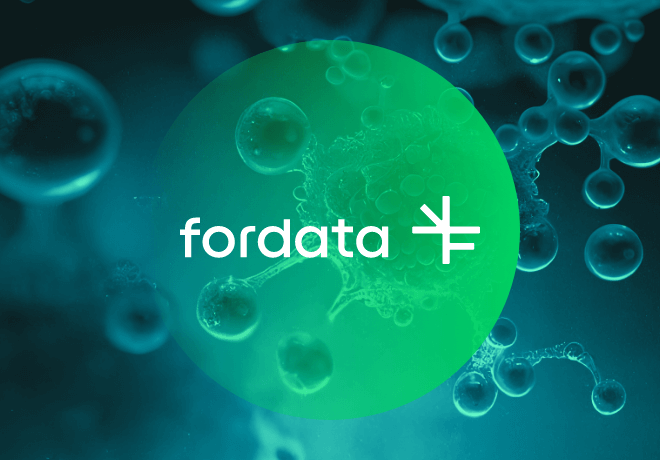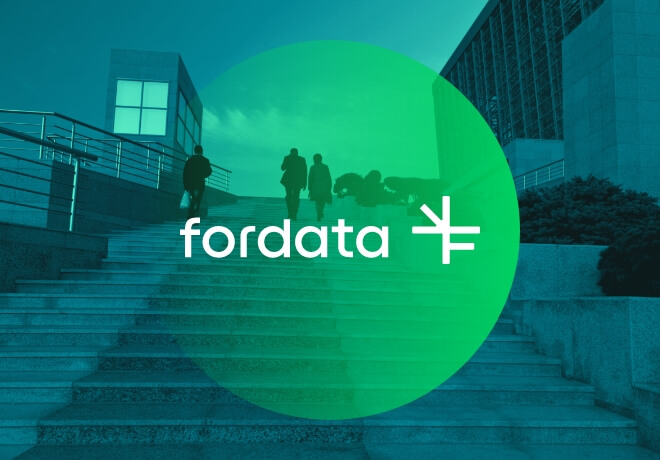03 . 04 . 2024
MARKET TRENDS DACH M&A in 2024 - will the rising wave return?
03 . 04 . 2024
Despite the global M&A market experiencing significant fluctuations in 2023, dealmakers in the DACH region remained resilient. They have long recognized M&A as a strategic lever, especially when companies need to adapt quickly to the changing business landscape, such as the rise of AI and sustainability, and the local market provides good opportunities. How might the year 2024 unfold?
Key takeaways:
01. DACH is expected to see a rise in M&A in 2024 due to several factors
- Presence of strong mid-market companies (Mittelstand) attractive for acquisition.
- Rise of power tech consumers driving demand for DACH tech companies.
- Stabilization of interest rates and inflation rates allowing for better deal evaluation.
- US investor interest in DACH tech companies, particularly in AI and renewables
02. Challenges to DACH M&A in 2024 include
- Company valuations potentially hinder deals due to a decrease in multiples.
- High interest rates and geopolitical conflicts are still creating a challenging business environment.
Resilience amid volatility
Deal activity in 2023 in DACH declined from 3884 deals in the preceding year to 2493, according to IMAA Institute, highlighting the need for adaptive strategies in the face of economic uncertainties. How could it be achieved?
As suggested by McKinsey back in February, CEOs across industries view M&A as an effective way to drive strategic growth, outperforming organic growth strategies. Judging by that, actively managing portfolios can contribute to business success, and there are good grounds for that in the DACH region, traditionally.
Firstly, the DACH region is rich in mid-market (so-called Mittelstand) innovators that could stimulate acquisitions in 2024. The rise of power tech consumers especially is propelling this strategic shift, impacting M&A tactics and the choice of targets. DACH tech companies certainly add value to portfolios with strong performance, maturity and fragmentation that favors consolidation.
Furthermore, companies in the region increasingly consider sustainability as a critical factor in M&A decisions, and aligning with ESG has now become essential.
What’s the broader context for the above? What might the challenges be?
What DACH countries need to consider in M&A
With substantial dry powder at hand, targeting the robust small and midcap assets by larger buyers and developing them in order to create value seem achievable.
Here, similar to the rest of the world, company valuations might play the biggest role – and be one of the biggest hindrances, too. The gradual decrease in multiples is exerting stress on investments and yields in 2024 all over. This can be alleviated by focusing even more on the Due Diligence process and deeply analyzing the economic circumstances.
But even though the business environment in DACH is still challenging, driven by external factors like inflation and geopolitical conflicts, experts predict that assets which were sidelined in 2023 will re-enter the market this year, so opportunities await. Why?
What’s crucial this year is that we’ll probably see stabilization of both interest rates and inflation rates. This will allow transaction sides to better assess turnovers, hence also the company value.
DACH tech in demand of US buyers
Coming back to the TMT sector, the recent report by Mergermarket has highlighted a surge in US investor interest for DACH tech companies, particularly those with expertise in AI, renewables, and semiconductors. Advisors who can connect these firms with US investors are said to have a significant advantage in the M&A market.
Noticeably, Clipperton expects strong tech M&A markets to continue into 2024, which could be coupled with gradual enhancements in the fundraising landscape as investors adjust to the “new normal” and start looking for opportunities once more.
Since 2023, TMT has truly dominated the “business optimization discourse” with AI and automation, and where tech startups may have problems being risky assets for volatile times, mature DACH mid-size companies gain advantage.
What attracts beyond technology?
Some sectors of the DACH economy are “traditionally” considered attractive as M&A targets, and in 2024 due to the reasons highlighted above they might be particularly interesting.
The aging population in the DACH region is driving demand for healthcare products and services. This includes companies developing new drugs, medical devices, or innovative healthcare IT solutions.
On the other hand, the DACH energy sector is undergoing a significant transformation driven by the need for decarbonization and energy security. This creates opportunities for M&A activity in several areas, renewables being the most important.
As DACH countries aim to increase their share of renewables in the energy mix, companies with strong track records in areas like solar, wind, or biomass could be attractive targets for utilities or energy companies looking to expand their renewable portfolios.
Germany and the Investment Control Law 2024
What’s worth pointing out is that being the biggest DACH market, Germany is planning a comprehensive reform of investment control law for 2024, with the aim of introducing a uniform investment control act. German policy on foreign investments is generally liberal, considering its open investment regime as a cornerstone of its economic development.
However, in recent years, the policy has become more restrictive in certain areas due to growing geoeconomic competition and the aim of the EU and Germany to restore technological sovereignty. This is likely to influence the M&A market, potentially making transactions more complex and subject to additional regulatory oversight, according to Noerr.
Summary: A year of tech-fueled comeback or potential roadblocks?
As we head into 2024, experts predict a potential surge in dealmaking activity, fueled by several key factors.
However, the road to a robust DACH M&A market in 2024 is not without its challenges. The ongoing decrease in company valuations across industries could act as a damper on dealmaking. Furthermore, Germany’s planned reform of its investment control law might introduce additional regulatory hurdles, potentially complicating the M&A process.
Will 2024 be the year DACH M&A rebounds on the back of its thriving tech sector and commitment to sustainability?
Did you like the article?

My experience in international business allows me to take on the toughest challenges. I value a collaborative approach and a high level of professionalism in partnerships. I am passionate about traveling and discovering new places, which not only brings me joy but also enriches my life with new experiences and perspectives.
Do you want to exchange knowledge or ask a question?
Write to me : Tatiana Polupan page opens in new window
Choosing Fordata Virtual Data Room for business
TEST NOW TEST NOW-
01 . The Role of AI and Automation in M&A Virtual Data Rooms

Explore how AI and automation have enhanced Virtual Data Rooms to transform Due Diligence and M&A.
18.04.2025
-
02 . M&A Deals and Virtual Data Rooms: Why Are They a Perfect Match?

The role of Virtual Data Rooms in M&A deals is pivotal for transaction success. How can a deal be streamlined with the use of VDR?
16.04.2025
-
03 . Understanding Virtual Data Rooms: Key Features and Benefits

What features to look for in a Virtual Data Room and what benefits do they bring? Secure online Due Diligence is here.
03.04.2025
-
04 . Business, Secure File Sharing, and Virtual Data Rooms - The perfect combination

Learn why Virtual Data Room is the perfect tool for secure file transfer in a business environment. Protect sensitive information of your company.
26.03.2025
-
05 . What Is a Virtual Data Room (VDR) and How Does It Work?

VDRs removed the limitations of traditional data rooms, offering a secure online space where confidential data can be accessed by authorized users from anywhere in the world.
10.03.2025
-
06 . How does a VDR help minimise risk and increase transaction value in the TMT sector?

The TMT industry is constantly subject to M&A processes. Learn how VDR helps minimize risk and increase transaction value in the TMT sector. Discover the benefits and challenges of using it in M&A processes.
09.12.2024
-
07 . Bolt-on - the ‘buy and build’ strategy

Bolt-on, the process of acquiring a smaller company, is one of the popular strategies used by large corporations, private equity investors and venture capital funds.
25.11.2024
-
08 . The formula for a successful M&A process

A successful M&A process is the result of a synergy of many components. Successfully executing a merger or acquisition can be the key to gaining a competitive advantage and even surviving in the market.
19.08.2024
-
09 . How can VDR support the growth of the renewable energy industry in 2024?

In 2024, the renewable energy industry faces new opportunities and challenges. Thanks to financial support programs such as FENX.02.02, the sector of renewable energy sources has a chance for dynamic development.
02.05.2024
-
10 . Trends in M&A market in CEE in 2024 through the eyes of buyers

Market sentiment in Central and Eastern Europe (CEE) M&A market in 2024: a blend of cautious optimism, enthusiasm, and significant risk aversion.
08.03.2024
-
11 . The Shifting Landscape of Gaming M&A: A Tale of Investments, Acquisitions, and Emerging Trends

The trajectory of the gaming industry’s investment landscape has been anything but predictable. Q1 2023, marked by a cooling-off period from the frenetic growth during the Covid-boom, saw investments dip significantly.
15.09.2023
-
12 . M&A Landscape in the Middle East: Navigating Challenges and Seizing Opportunities

The Middle East has long been recognized as a dynamic and transformative region, and its M&A sector is no exception.
11.08.2023
-
13 . Energy industry 2023: Virtual Data Room in M&A transactions

The situation in the energy industry in Poland and Central and Eastern Europe is rapidly changing. What do investments in renewable energy look like?
06.06.2023
-
14 . VDR in due diligence process

M&As are a permanent element of the economic world. Their goal is to achieve strategic and financial benefits by expanding markets, diversifying products and production processes.
27.05.2023
-
15 . Outlook for 2023 for M&A transactions in Scandinavia

The Nordic countries are considered stable and developed markets with strong economies. What key trends will drive the Nordic M&A market?
27.04.2023
-
16 . What do M&A deals look like in 2022?

What does influence M&A deals in 2022 besides the war? We analyze the factors that shape the global mergers and acquisitions market.
28.06.2022
-
17 . The role of the CFO in mergers and acquisitions - has it changed?

Financial directors have faced the big challenge of managing company’s funds in the uncertain reality caused by the coronavirus …
22.03.2021
-
18 . The post-pandemic outlook on M&A in the Baltic States

Like the entire M&A market, in the first half of 2020, the Baltic region was marked by lockdowns, which had a number of…
25.02.2021
-
19 . What are the benefits of the FORDATA system in M&A processes?

Global opportunities for mergers and acquisitions are expected to remain firm after the initial lockdown, as pointed out by PwC, but the new and the ongoing transactions will have to adapt to the new circumstances.
15.09.2020
-
20 . The post-pandemic outlook on M&A in Czech Republic and Poland

Coronavirus did stir up trouble for practically entire economies in Czech Republic and Poland. In general, companies…
03.07.2020
-
21 . M&A in the age of coronavirus - market at a turning point

The situation on the Polish mergers and acquisitions market today resembles a controlled lottery. Some investors and entities are withdrawing or suspending operations waiting for stabilization
29.04.2020
-
22 . CEE countries stay firm as global economy bears down

In the face of economic downturn all around, also in Europe, countries in the CEE region are expected to keep growing, especially…
16.12.2019
-
23 . Due Diligence stages - selling your business step by step

Every good investment decision is based on sound knowledge about a given company and transaction process. This applies…
25.06.2019
-
24 . Due Diligence - what exactly does it include?

What does Due Diligence investigation consist of? Who performs it? What are its types? Find the answers to these and other questions on FORDATA blog!
18.06.2019
-
25 . Vendor Due Diligence - the Value of Negotiation Preparation

Vendor Due Diligence (VDD) is carried out only for the needs of the seller, which means that it takes place earlier than Due Diligence (DD).
09.11.2015
-
26 . How can we help you with Due Diligence?

Time plays a major role in M&A transactions. Even the smallest improvement that saves time needed to prepare and perform Due Diligence…
10.03.2014



